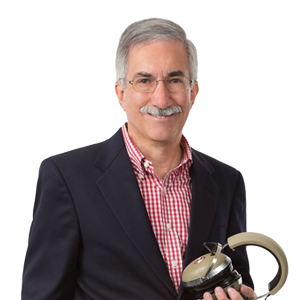WASHINGTON, DC—Currently, FM translators and boosters, which are lower power FM stations, are allowed by the Federal Communications Commission to only rebroadcast programming from their primary station. But under a new proposal filed with the FCC by a consortium of broadcast station owners, FM boosters and translators would be allowed to split off programming for localized or specialized content.
Womble Bond Dickinson telecom attorney John Garziglia assisted the group of 24 FCC licensees in filing the proposal. The group owns 108 full-service stations and 85 FM translators.
“The Broadcasters for Limited Program Origination seek a uniform FCC rule change for both FM boosters and FM translators to allow each to originate programming content provided that the primary station is retransmitted for no fewer than 40 hours in any calendar week,” Garziglia writes in the proposal.
Allowing FM boosters and translators to originate programming will allow FM stations to provide greater programming options to listeners, Garziglia writes in the proposal, and stations should be free to make their own content decisions. For example, a translator or booster may allow a station to broadcast multiple city council meetings or high school football games within their coverage area. They also could broadcast two different types of ethnic entertainment. And the boosters and translators could be used to target advertising to a specific area or audience.
The trade press is actively covering the proposal with recent articles from Radio World, Inside Radio, Radio Ink and Communications Daily covering the proposal. Click here to read “Station Groups Push for Translators to Originate Content” in Radio World. And click here to read “AM Owners Push FCC To Allow Limited Original Programming On FM Translators” in Inside Radio as well as “Broadcasters Pressure FCC For Change” in Radio Ink.
John Garziglia represents radio and television broadcasters, offering personalized assistance in all areas of communications and telecommunications law including transactional and contract negotiations for broadcast station mergers and acquisitions, the securing of financing, governmental auctions of new frequencies, license renewals, new stations applications, facility changes, facility upgrades, licensing, and compliance with FCC rules, regulations and policies.



